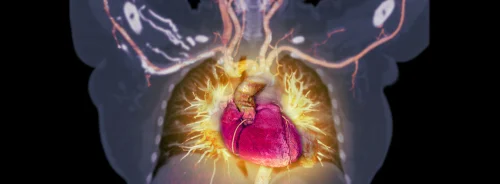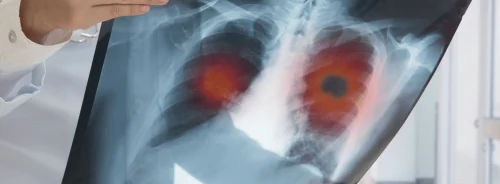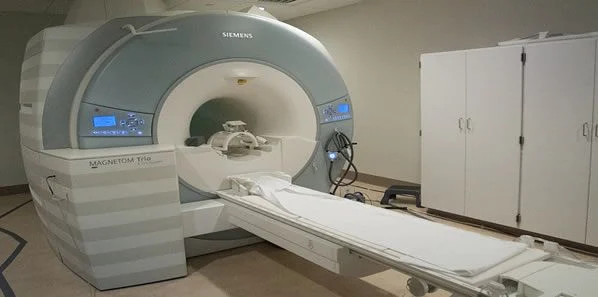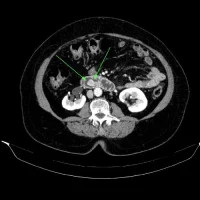Early results from the Göteborg randomised screening trial show that the use of MRI alongside conventional prostate cancer screening may offer improved cancer detection and may help in avoiding unnecessary biopsies. The Göteborg Trial is the Swedish arm of the European Randomised Study of Screening for Prostate Cancer, the largest randomised prostate cancer screening in the world.
Prostate cancer screening has been a controversial issue because there is unclear evidence that the existing screening procedures are effective. Current screening procedures either miss the cancer altogether or give false positives, putting many men under unnecessary invasive testing and in some cases, unnecessary treatment.
Results of this trial in 2014 showed significant mortality reduction with prostate-specific antigen (PSA) screening for men aged 55-69. Now, new results indicate that using MRI may further improve the accuracy of screening.
The study, led by Prof Joans Hugosson was conducted with 384 patients. 124 of these patients had to go for an MRI prior to their biopsy. Patients with a suspicious MRI or with a PSA > 3 ng/ml were referred for biopsy. The results indicate that combining PSA and MRI, followed by MRI-targeted biopsy in men with suspicious MRI gave better prostate cancer detection than PSA scores alone followed by standard biopsy. The study also showed that aggressive cancers were detected with PSA + MRI combined as compared to using PSA alone. The results thus suggest that this combination may be a better strategy to maximise success in prostate cancer screening.
According to researcher, Dr Anna Grenabo-Bergdahl: "From these initial results it looks like we can combine PSA levels with MRI scans to give more accurate screening results. This strategy would allow us to take men with lower PSA scores, and give them MRI scans, to confirm whether or not a biopsy is absolutely necessary. Another benefit is that the MRI helps us locate the suspect area, meaning that if we have to do a confirmatory biopsy, we have a much better idea of where the problem might be. This avoids patient stress, and means we are less likely to miss cancers."
She is optimistic about the results but points out that the findings need to be confirmed and this will be done through a trial of 40,000 patients in the Göteborg area. If the results are replicated in this trial, it could potentially lead to a paradigm shift in future prostate cancer screening and detection.
Prof Manfred Wirth, European Association of Urology Treasurer highlights the fact that there are still some issues to address. MRI is not cost-effective to use in routine screening. He acknowledges that the initial results from this trial are a positive proof of principle but do need to be validated with a bigger study.
Source: European Association of Urology
Image Credit: Wikimedia Commons










